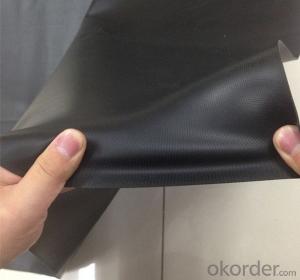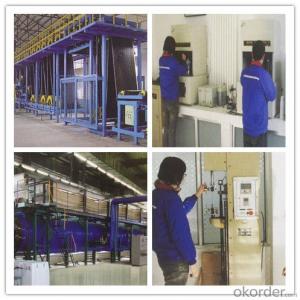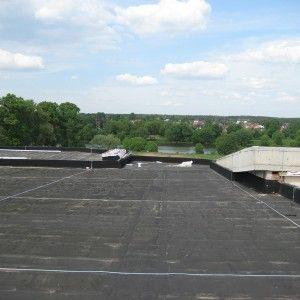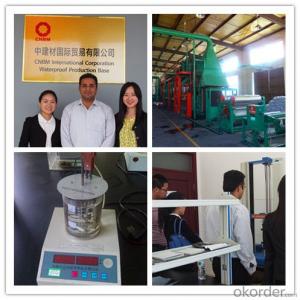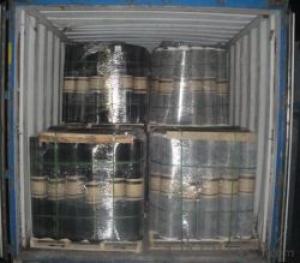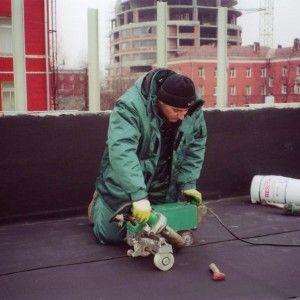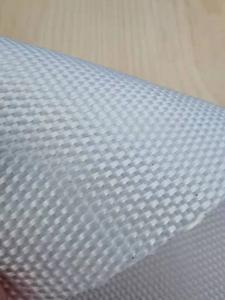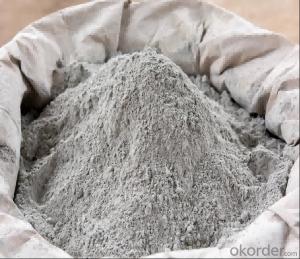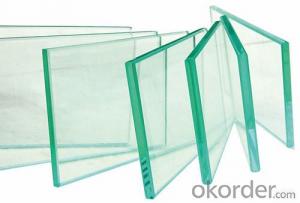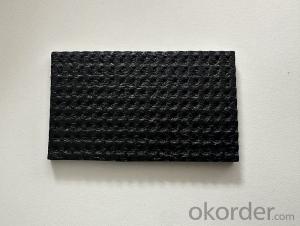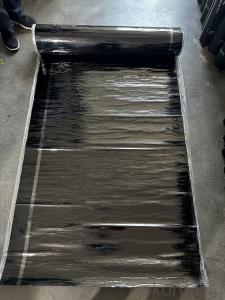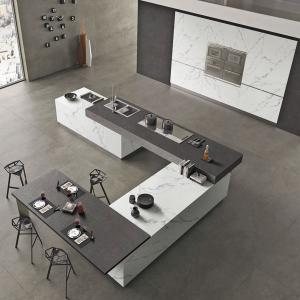Weldable EPDM Waterproof Sheet Width1~4m Thickness 1.2mm~2.0mm for Basement Pond
- Loading Port:
- Qingdao
- Payment Terms:
- TT OR LC
- Min Order Qty:
- 3000 m²
- Supply Capability:
- 220000 m²/month
OKorder Service Pledge
OKorder Financial Service
You Might Also Like
Weldable EPDM Rubber Waterproof Membrane
Product Instruction:
Durability and ease of installation are two of the key reasons . Single ply EPDM Roof systems are becoming commonplace in today flat roofing market. EPDM membrane is a flexible rubber material available in 45 mil, 60 mil and 90 mil thicknesses. With its superior flexibility, resistance to fire and high strength, EPDM can be applied in all sorts of climates.
Weldable EPDM waterproof membrane is made from ternary ethylene-propylene rubber,which is designed for waterproofing of exposed and non-exposed applications. EPDM waterproof membrane is of high elasticity among high polymer waterproof materials and becomes a world-popular waterproofing material.
CNBM own the wold-advanced equipment of cold feeding extrusion and continuous vulcanization technology. With the best performance among high polymer waterproof materials, EPDM is of exceptional elasticity and will not split or cracked under normal building movement.
Product Features:
-Excellent weather-ability, durability and size stability
-Good adaptability to high and low temperature, UV resistant and anti-corrosion
-High tensile strength and good elongation, accommodating to structure movement
-Easy installation, solid joint, and mo environmental pollution
-Good rooting penetration resistance
-Service life up to 50 years
Applications:
-Basement, tunnel, pond liner, dam
-Industrial and civil building waterproofing
-Geosynthetic liner for fish ponds, swimming pools, channels, irrigation system
-Especially suitable for projects with high requirement in durability, anti-corrosion and deformation
Specifications:
-Width of roll: 1.2m, 2m, 4m
-Length of roll: 20m, 30m or customized
-Thickness of membrane: 1.2mm, 1.5mm, 2mm
-Type: vulcanized EPDM or welding EPDM
-Application: roof, basement, pond, lake, swimming pool, steel structure roofing, underground, tunnel, etc
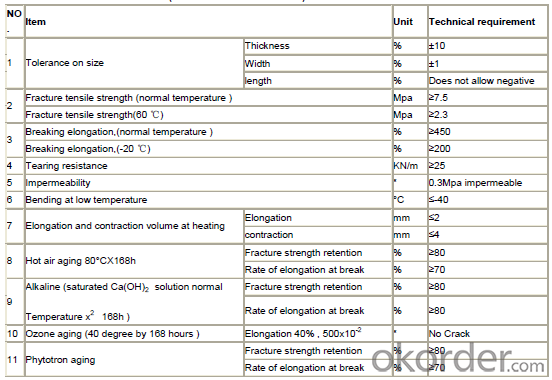
FAQ:
1. Is your EPDM waterproof membrane the real rubber?
Yes, our EPDM membrane is made from top quality rubber, which is imported from America. We support samples for testing, or testing in our factory.
2. How's your products quality?
Our EPDM is with the top quality at home and abroad. Our quality is much higher than Chinese standard. Our product is widely used in Chinese Central government projects. And it's also accpted by customers all over the world, such as EU, USA, Astrulia, etc.
3. What's the service life of your EPDM membrane?
The service life of our EPDM membrane is more than 50 years.
4.What's your MOQ?
Our MOQ is 3000M2.
5. What's your product ability of EPDM membrane?
We own the largest EPDM production line in China. Our product ability of EPDM membrane reaches 2 million square meter per year.
6. How long do we usually reply your request?
We always reply our customer within 24 hours.
Photos:
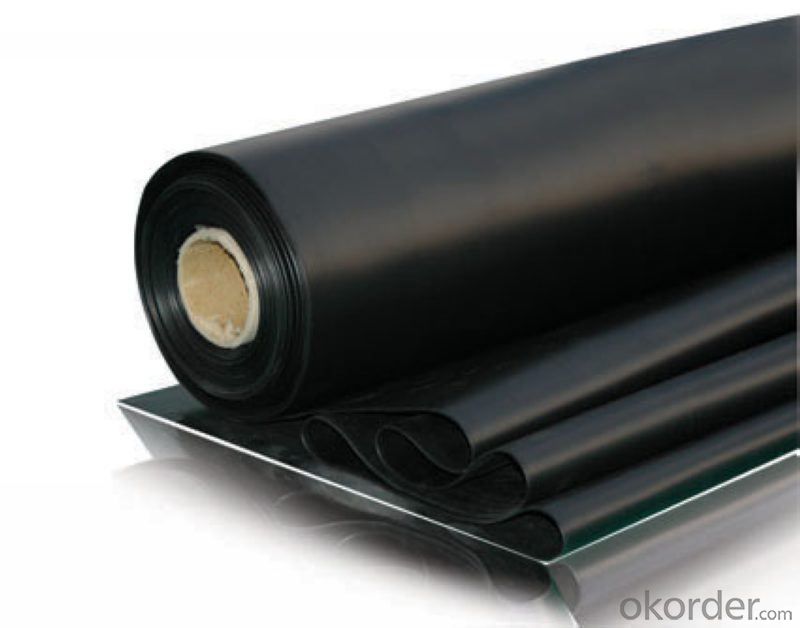
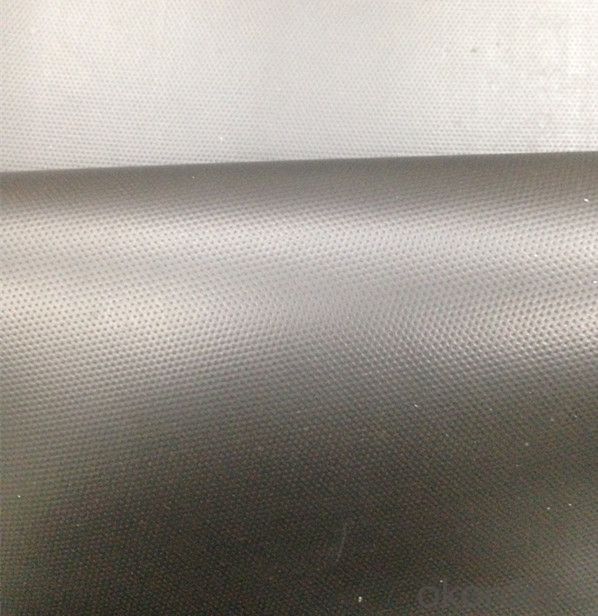
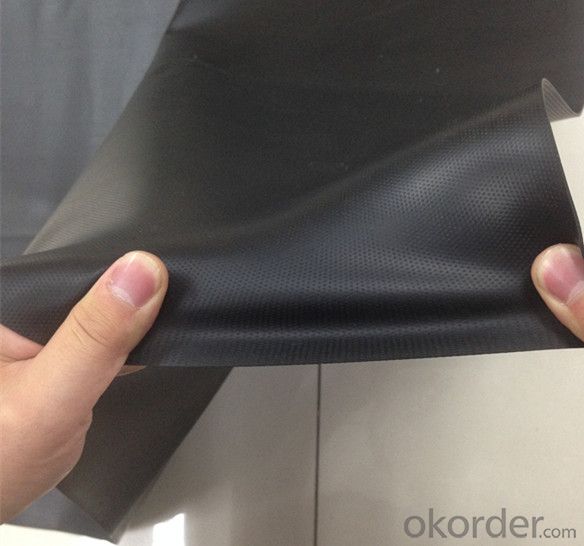
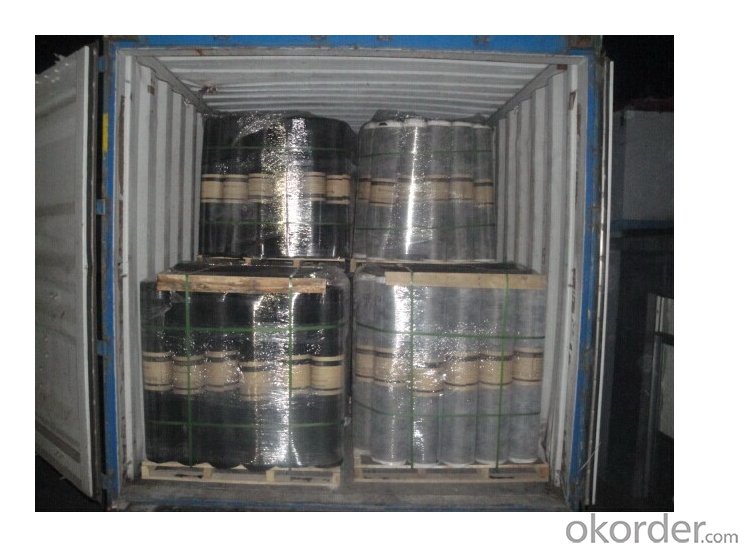
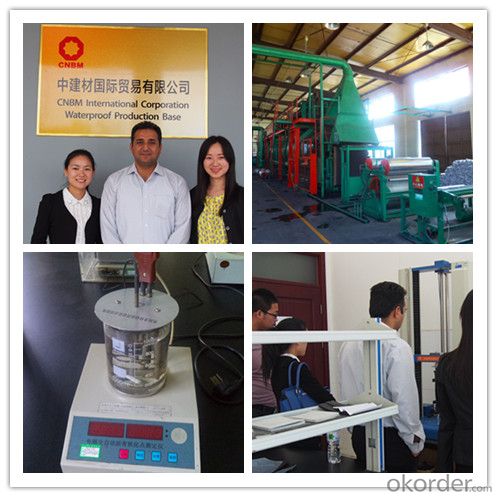
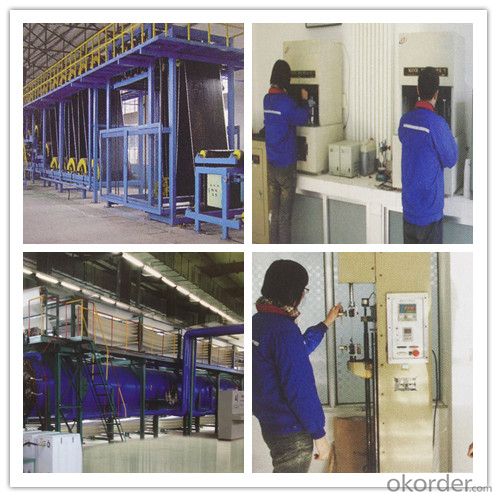

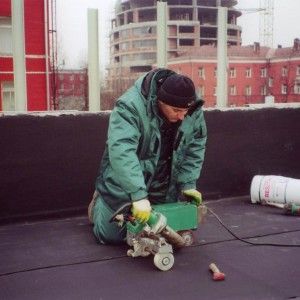
- Q:Can a waterproofing membrane be used for a tunnel lining?
- Yes, a waterproofing membrane can be used for a tunnel lining. A waterproofing membrane is a barrier that is designed to prevent water infiltration and protect the structure from moisture damage. It can be applied to the inner surface of a tunnel to effectively seal and waterproof the lining. This helps to prevent water ingress, which can lead to corrosion, deterioration, and structural issues over time. Additionally, a waterproofing membrane can also serve as a protective layer against other potential issues such as chemical attacks, groundwater pressure, and freeze-thaw cycles. It is important to select a waterproofing membrane that is specifically designed for tunnel applications to ensure it can withstand the unique conditions and requirements of tunnels, such as high water pressure and potential movement. Regular inspections and maintenance are also crucial to ensure the long-term effectiveness of the waterproofing membrane in a tunnel lining.
- Q:Can a waterproofing membrane be used in areas with chemical exposure?
- In areas where there is chemical exposure, it is possible to use a waterproofing membrane. However, it is vital to choose a waterproofing membrane that is specifically created to withstand chemical exposure. Not all waterproofing membranes are equal, and some may not be suitable for use in areas with chemical exposure. Waterproofing membranes that are resistant to chemicals are typically made from materials like polyurethane, epoxy, or polyurea, which are known for their ability to withstand various chemicals. These membranes are designed to act as a protective barrier against moisture and chemicals, preventing them from penetrating the underlying surfaces. When selecting a waterproofing membrane for areas with chemical exposure, it is crucial to consider the particular chemicals that will be present. Different chemicals can have varying effects on materials, so it is essential to choose a membrane that is specifically designed to resist the chemicals in the environment. It is recommended to consult with a professional or the manufacturer to ensure the appropriate selection of a chemical-resistant waterproofing membrane for the specific application.
- Q:Can a waterproofing membrane be used for stadiums and sports arenas?
- A waterproofing membrane is suitable for stadiums and sports arenas, as they are subjected to different weather conditions and are susceptible to water damage. These large structures can be effectively protected against water infiltration by applying waterproofing membranes to various areas such as the roof, walls, and foundation. This not only maintains the building's integrity and extends its lifespan but also prevents expensive repairs caused by water damage. Moreover, these membranes offer insulation and energy-saving advantages, thereby improving the overall performance of the stadium or sports arena.
- Q:Are there any specific safety precautions to consider when installing a waterproofing membrane?
- When installing a waterproofing membrane, there are various safety precautions to consider. To begin with, it is crucial to ensure that the installation team uses all necessary personal protective equipment (PPE). This may incorporate gloves, safety glasses, and appropriate footwear to prevent injuries or exposure to dangerous substances. Moreover, it is essential to work in a well-ventilated area to avoid inhaling fumes or vapors emitted during the installation process. If working in a confined space, it is necessary to take proper measures to guarantee sufficient ventilation and use suitable respiratory protection if needed. Furthermore, it is vital to adhere to the manufacturer's instructions and guidelines for the specific waterproofing membrane being installed. This involves understanding any potential hazards linked with the product, such as flammability or toxicity, and taking necessary precautions to prevent accidents or exposure. Another safety consideration is to make sure that the installation area is appropriately prepared before commencing the process. This might entail clearing any debris, cleaning the surface, and addressing any potential hazards or obstacles that could pose a risk to the installation team. Lastly, it is important to have a designated safety plan in place, including emergency procedures and easily accessible first aid kits in case of accidents or injuries. Regular safety inspections and monitoring throughout the installation process are also recommended to promptly identify and address any potential safety risks. By adhering to these safety precautions, the installation of a waterproofing membrane can be carried out securely and effectively, minimizing the risk of accidents or injuries.
- Q:Can a waterproofing membrane be used on tunnels?
- Yes, a waterproofing membrane can be used on tunnels. Tunnels are often subjected to high levels of moisture, groundwater infiltration, and potential leaks. Therefore, it is crucial to protect them from water damage and ensure their long-term structural integrity. Waterproofing membranes are commonly used in tunnel construction to prevent water penetration and provide an effective barrier against moisture. These membranes are designed to be durable, flexible, and resistant to various environmental conditions, making them suitable for use in tunnels. They can be applied to the tunnel walls, roof, and floor to create a waterproof seal, ensuring that the tunnel remains dry and protected from water-related issues such as corrosion, deterioration, and mold growth. Additionally, waterproofing membranes can also help in reducing maintenance costs and extending the lifespan of the tunnel infrastructure.
- Q:The difference between waterproof linoleum and waterproofing membrane
- Waterproof membrane is mainly used for building walls, roofs, as well as tunnels, highways, landfills, etc., to resist the external rain, groundwater leakage can be curled into a roll of flexible building materials, as the basis for engineering And no leakage between the building connection, the entire project is the first waterproof barrier, the entire project plays a vital role. The main products are asphalt waterproofing membrane and polymer waterproofing membrane.
- Q:Can a waterproofing membrane be used on steel surfaces?
- Yes, a waterproofing membrane can be used on steel surfaces. Waterproofing membranes are designed to create a barrier against moisture and water infiltration, and they can be applied to various surfaces, including steel. Steel surfaces are commonly found in construction projects, such as roofs, balconies, and foundations. Applying a waterproofing membrane on steel surfaces helps to prevent corrosion and damage caused by water exposure. It is important to select a waterproofing membrane that is suitable for steel surfaces and ensure proper surface preparation and application techniques for optimal performance and durability.
- Q:Can a waterproofing membrane be used on glass surfaces?
- No, a waterproofing membrane cannot be used on glass surfaces.
- Q:Can a waterproofing membrane be applied to concrete surfaces?
- Yes, a waterproofing membrane can be applied to concrete surfaces. Waterproofing membranes are designed to create a barrier against water penetration, and they can be used on a variety of surfaces, including concrete. The membrane is typically applied to the surface of the concrete using a brush, roller, or spray application method. It forms a protective layer that prevents water from seeping through the concrete and causing damage. This is particularly important in areas where water exposure is high, such as basements, swimming pools, or outdoor concrete surfaces. By applying a waterproofing membrane, you can greatly enhance the durability and longevity of the concrete surface while also protecting it from moisture-related issues such as cracks, mold, or degradation.
- Q:Can waterproofing membranes be used on metal roofs?
- Indeed, it is possible to utilize waterproofing membranes on metal roofs. When it comes to safeguarding and sealing roofs, including metal ones, waterproofing membranes are frequently favored. These membranes are specifically engineered to serve as a barrier against water infiltration, thereby safeguarding the roof's structure and preventing any potential leaks. They can be directly applied to the metal roof surface, creating an impervious seal that is resistant to moisture, UV rays, and other environmental elements. By implementing waterproofing membranes, the lifespan of metal roofs can be considerably prolonged, as they effectively prevent rust and corrosion, while also boosting energy efficiency by minimizing heat transfer. Consequently, applying waterproofing membranes on metal roofs represents a practical and successful approach to ensure both durability and longevity.
1. Manufacturer Overview |
|
|---|---|
| Location | |
| Year Established | |
| Annual Output Value | |
| Main Markets | |
| Company Certifications | |
2. Manufacturer Certificates |
|
|---|---|
| a) Certification Name | |
| Range | |
| Reference | |
| Validity Period | |
3. Manufacturer Capability |
|
|---|---|
| a)Trade Capacity | |
| Nearest Port | |
| Export Percentage | |
| No.of Employees in Trade Department | |
| Language Spoken: | |
| b)Factory Information | |
| Factory Size: | |
| No. of Production Lines | |
| Contract Manufacturing | |
| Product Price Range | |
Send your message to us
Weldable EPDM Waterproof Sheet Width1~4m Thickness 1.2mm~2.0mm for Basement Pond
- Loading Port:
- Qingdao
- Payment Terms:
- TT OR LC
- Min Order Qty:
- 3000 m²
- Supply Capability:
- 220000 m²/month
OKorder Service Pledge
OKorder Financial Service
Similar products
New products
Hot products
Hot Searches
Related keywords
